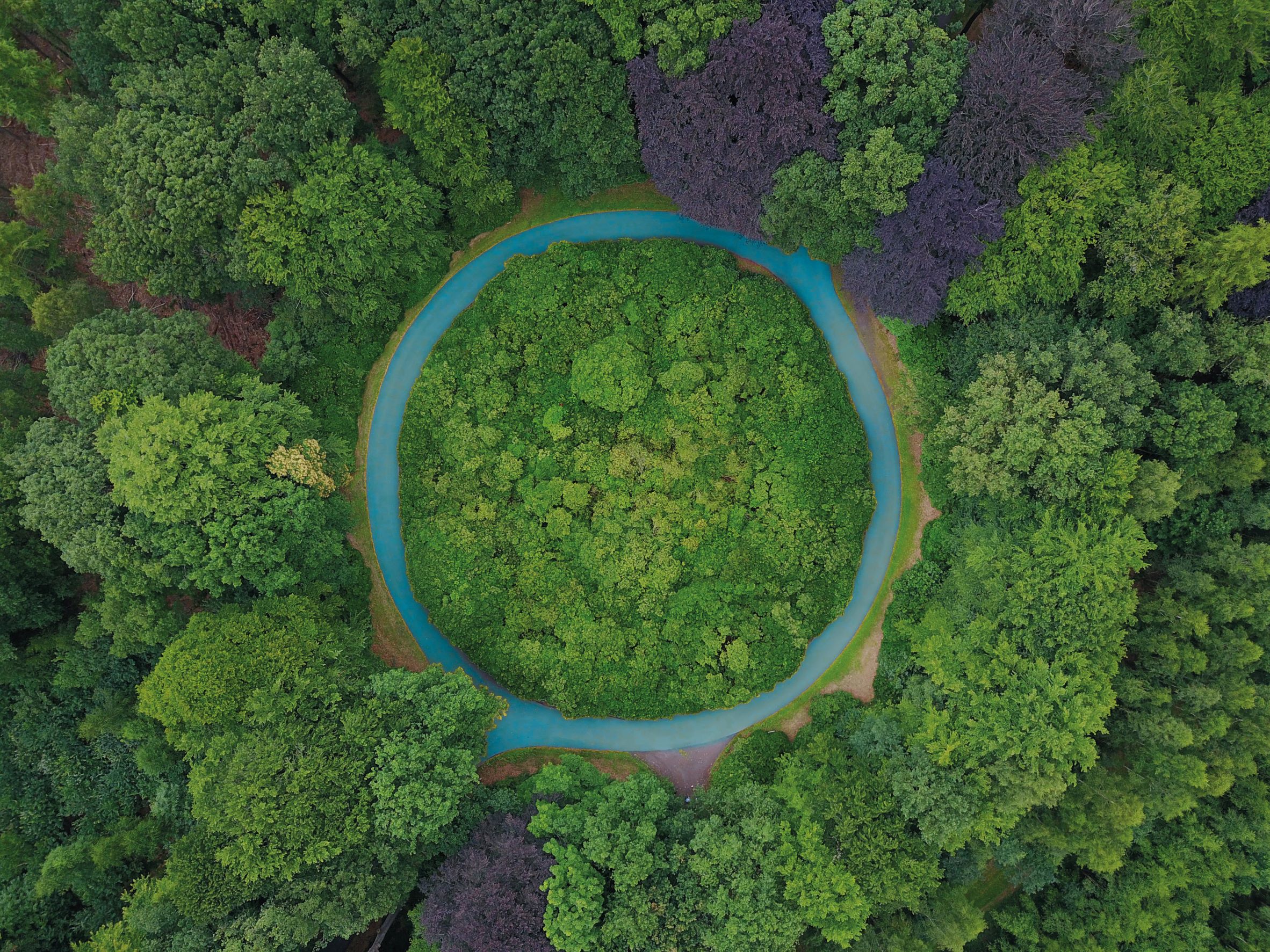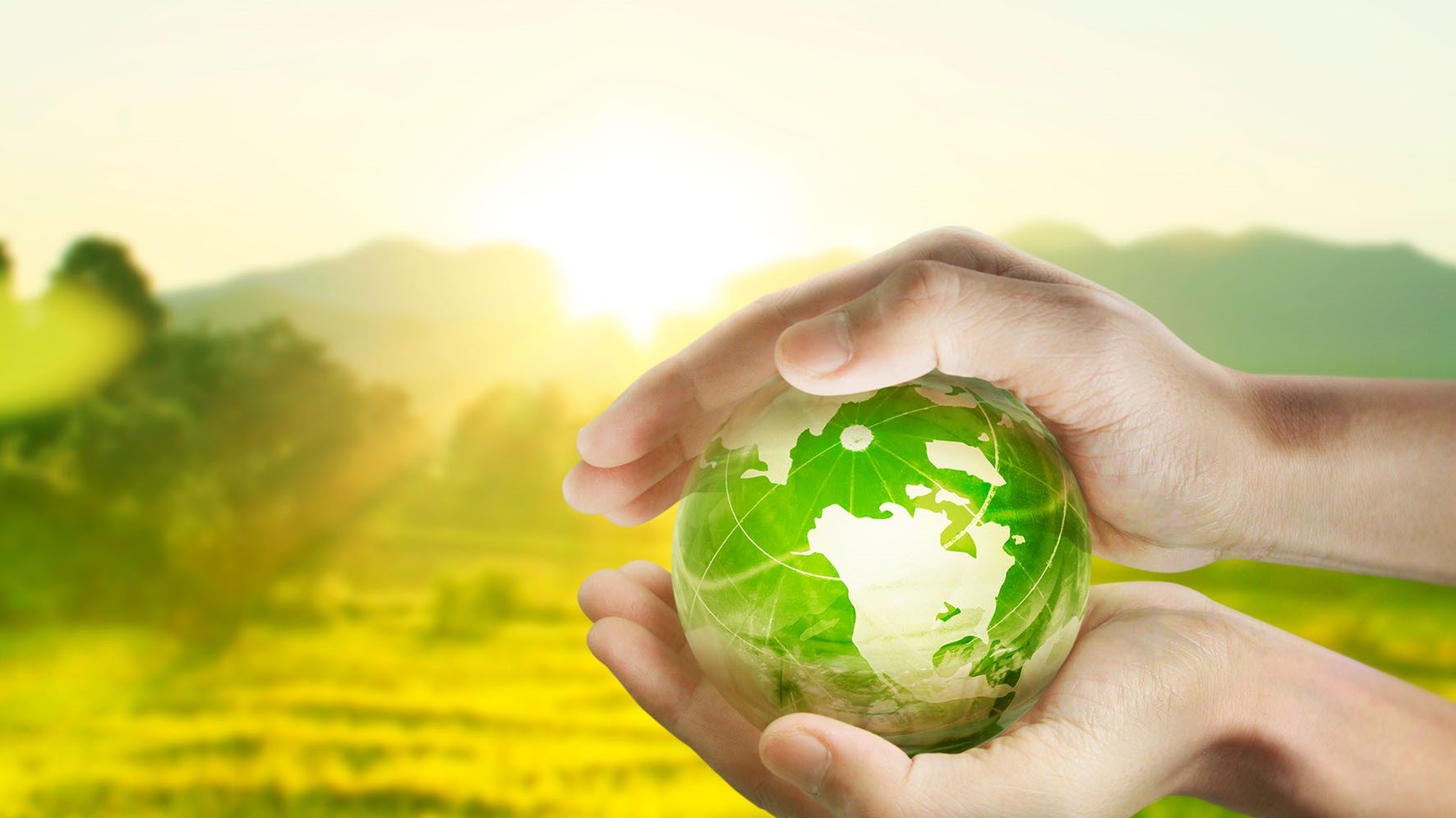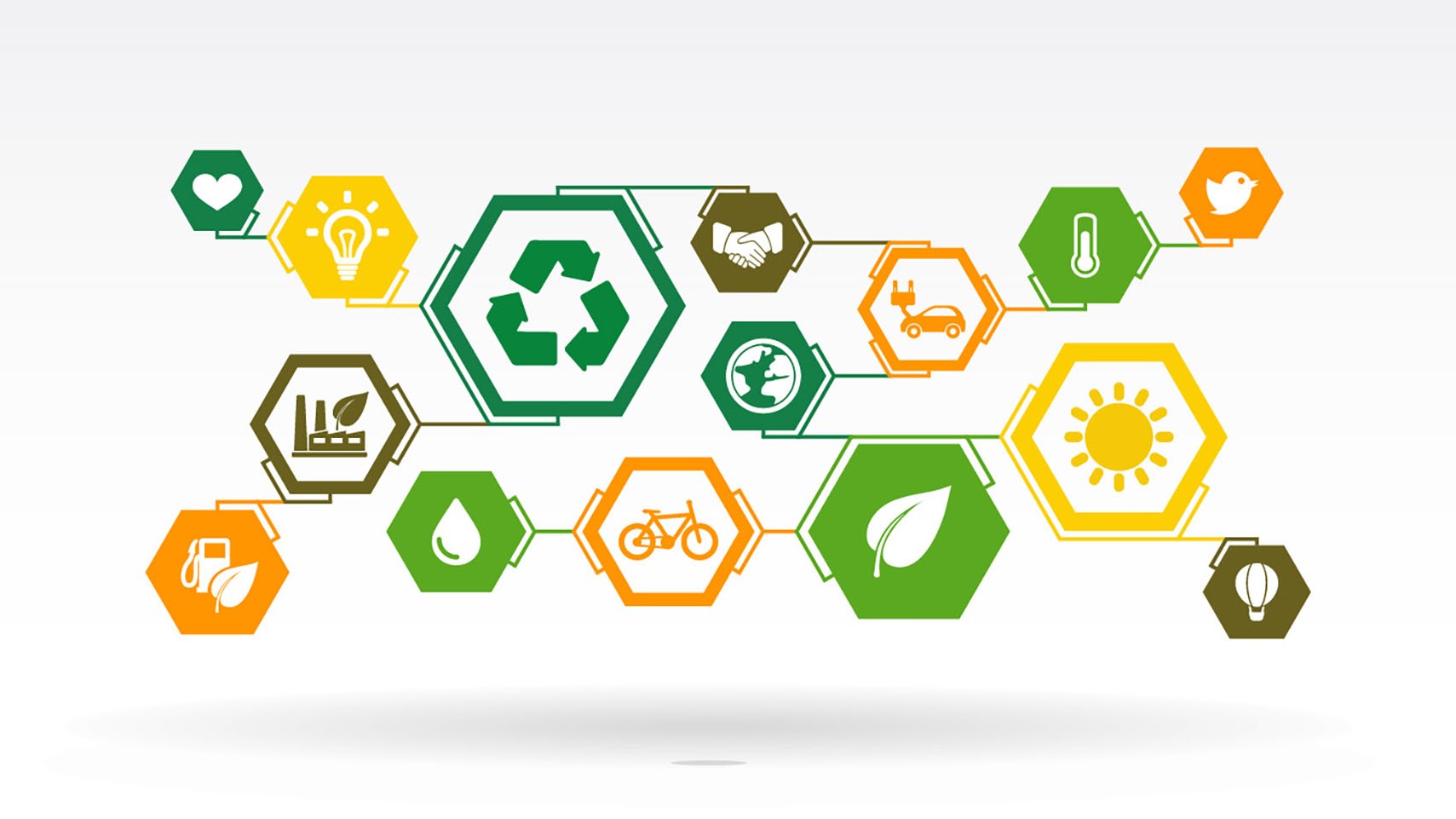There is no way to create more
resources, we can only reuse them.
Through the growing concern about depletion of natural resources, degradation of the environment, and the need for sustainable development, the circular economy becomes the natural consequence. Simply put, cyclical economy is defined as the extension of the products life cycle, while saving the non-renewable natural resources through reduction, recycling and raw material recovery, energy and waste.
resources, we can only reuse them.
Through the growing concern about depletion of natural resources, degradation of the environment, and the need for sustainable development, the circular economy becomes the natural consequence. Simply put, cyclical economy is defined as the extension of the products life cycle, while saving the non-renewable natural resources through reduction, recycling and raw material recovery, energy and waste.

RECYCLING
Recycling is the process of converting the waste into raw materials from which new products are then produced. The contribution of recycling is multiple:
• Waste reduction
• Energy saving
• Reduction of pollution in the atmosphere, soil, oceans, underground water etc.
• Improving the living standards of people
• Creating new jobs
• Promoting sustainability

The five universal circular economy policy goals:
- Stimulate design for the circular economy
- Manage resources to preserve value
- Make the economics work
- Invest in innovation, infrastructure and skills
- Collaborate for system change
Ellen MacArthur foundation






